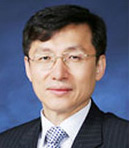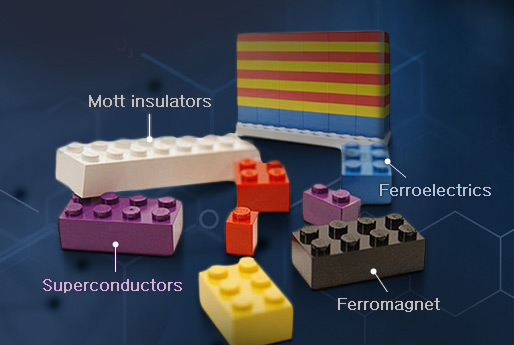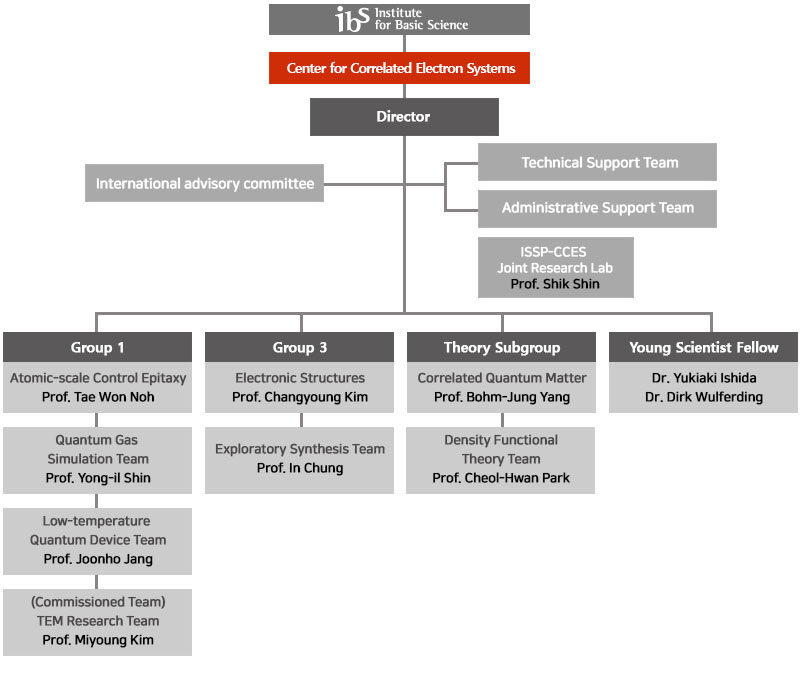주메뉴
- About IBS 연구원소개
-
Research Centers
연구단소개
- Research Outcomes
- Mathematics
- Physics
- Center for Theoretical Physics of the Universe(Particle Theory and Cosmology Group)
- Center for Theoretical Physics of the Universe(Cosmology, Gravity and Astroparticle Physics Group)
- Center for Exotic Nuclear Studies
- Center for Artificial Low Dimensional Electronic Systems
- Center for Underground Physics
- Center for Axion and Precision Physics Research
- Center for Theoretical Physics of Complex Systems
- Center for Quantum Nanoscience
- Center for Van der Waals Quantum Solids
- Chemistry
- Life Sciences
- Earth Science
- Interdisciplinary
- Institutes
- Korea Virus Research Institute
- News Center 뉴스 센터
- Career 인재초빙
- Living in Korea IBS School-UST
- IBS School 윤리경영


주메뉴
- About IBS
-
Research Centers
- Research Outcomes
- Mathematics
- Physics
- Center for Theoretical Physics of the Universe(Particle Theory and Cosmology Group)
- Center for Theoretical Physics of the Universe(Cosmology, Gravity and Astroparticle Physics Group)
- Center for Exotic Nuclear Studies
- Center for Artificial Low Dimensional Electronic Systems
- Center for Underground Physics
- Center for Axion and Precision Physics Research
- Center for Theoretical Physics of Complex Systems
- Center for Quantum Nanoscience
- Center for Van der Waals Quantum Solids
- Chemistry
- Life Sciences
- Earth Science
- Interdisciplinary
- Institutes
- Korea Virus Research Institute
- News Center
- Career
- Living in Korea
- IBS School
Research Centers
- Research Outcomes
- Mathematics
- Physics
- Center for Theoretical Physics of the Universe(Particle Theory and Cosmology Group)
- Center for Theoretical Physics of the Universe(Cosmology, Gravity and Astroparticle Physics Group)
- Center for Exotic Nuclear Studies
- Center for Artificial Low Dimensional Electronic Systems
- Center for Underground Physics
- Center for Axion and Precision Physics Research
- Center for Theoretical Physics of Complex Systems
- Center for Quantum Nanoscience
- Center for Van der Waals Quantum Solids
- Chemistry
- Life Sciences
- Earth Science
- Interdisciplinary
- Institutes
- Korea Virus Research Institute
Identifying diverse physical properties of highly correlated electron systems
Tel. +82-2-877-8108
Fax +82-2-875-1222
IBS Center for Correlated Electron Systems
4th floor, Building 18, Seoul National University,
1, Gwanak-ro, Gwanak-gu, Seoul, Korea
Director

Director NOH Tae Won
Professor Noh is the director is the Center for Correlated Electron Systems (CCES), established in July 2012. Director Noh received his B.S. from Seoul National University in 1982 before departing for America where he obtained both his M.S. and Ph.D. from Ohio State University in 1984 and 1986 respectively. He was announced as the Director for the Research Center for Oxide Electronics within Seoul National University in 2000. In mid-2012 he was announced as the director for CCES.
Introduction

Creating a new paradigm shift in condensed matter physics through the synthesis and spectroscopic study of new strongly correlated materials
- - Discovering a new phenomenon or ground state of strong correlation
- - Synthesizing new strongly correlated materials
- - Setting a new paradigm to define the comprehensive physical properties of strongly correlated materials
Main research activities
Unlike in semiconductors and novel metals, electrons strongly interact with electrons (or other quasiparticles) in strongly correlated electron systems. As a consequence, lots of novel phenomena, including high TC superconductivity, ferromagnetism, and ferroelectricity, have been observed in these materials. Interestingly, if we make ultrathin films or heterostructures of such systems, more exotic phases can emerge. For example, we can realize Weyl semimetal, which shows 3D Dirac dispersion and surface Fermi arc states, by breaking inversion symmetry. At the interface of two insulators, it has been shown that 2D electron gas emerges and it shows interesting properties including superconductivity and magnetism. Because of this, the interest in strongly correlated materials has grown as the field becomes more popular.
The Center for Correlated Electrons Systems (CCES) focuses on realizing and understanding new exotic phases using oxide materials. Our research interests cover a wide range of subjects, such as superconductivity, topological properties, magnetism, and ferroelectricity. At the CCES we synthesize high quality single crystals, ultrathin films, and atomic-scale-controlled superlattices and we use state of the art techniques, including angle resolved photoemission and neutron spectroscopy to investigate the novel phases in strongly correlated electron systems. We use density functional theory and model calculations to predict and understand the observed phenomena. The combined efforts of several experimental groups and theory groups in the CCES will enhance our understanding of strongly correlated electron systems and their interfaces. We believe that our work will provide a new paradigm for condensed matter physics.
Organization

Main research results
- Large Anomalous Hall current induced by topological nodal lines in a ferromagnetic van der Waals semimetal
(Nature Materials, 2018) - Experimental observation of hidden Berry curvature in inversion-symmetric bulk 2H-WSe2
(Physical Review Letters, 2018) - Magnetism in two-dimensional van der Waals materials
(Nature, 2018) - Selective control of multiple ferroelectric switching pathways using a trailing flexoelectric field
(Nature Nanotechnology, 2018) - Unconventional topological phase transition in two-dimension systems with space-time inversion symmetry
(Physical Review Letters, 2017)
Personnel
| Total | 102 |
|---|---|
| Gender | 87(Male), 15(Female) |
| Korean/ International | 96(Korean), 6(International) |
Degree
Position
As of January. 2020












